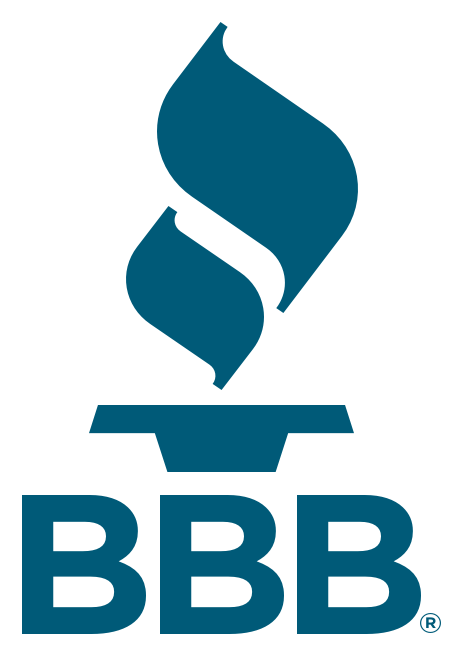Blog
BBB Scam Alert: Charged for an iPhone You Didn’t Buy? Don’t Panic

This phishing scam looks like an honest mistake, but it’s not. BBB Scam Tracker is getting reports of phony emails and texts that appear to be receipts for a new iPhone you didn’t purchase. Scammers are hoping you’ll panic and contact them to correct the “error.”
How the scam works:
You receive an email or text message saying you purchased a new iPhone, and your Amazon account, bank account, or credit card will be charged. But you didn’t buy a new phone! Eager to reverse the charge, you call the customer service number included in the email. The email may even specifically say: “Didn’t make this purchase? Contact us at…” or “If you feel you are receiving this message in error, contact us immediately.”
When you call the number, you speak to a helpful customer service representative who says they can fix the problem. However, you must act immediately before the charge posts to your account.
An Indianapolis consumer reported to BBB Scam Tracker after having received a text message on WhatsApp from an unknown number claiming to be a FedEx agent. The alleged agent said they have a package containing a laptop and iPhone, but demanded the consumer give them their name. The consumer refused and reported the incident.
Con artists also told victims their accounts had been hacked. In these cases, the “customer service rep” asked for credit card or bank information, claiming they need it to cancel the sale. No matter what scammers say, don’t fall for it. Remember, con artists often stoop to scare tactics to trick you into action.
How to avoid phishing scams:
- Double check the sender’s email address. Phishing emails are usually designed to look like they come from a reputable source like your bank or Amazon. Look closely at the sender’s email to see if it’s really from an official source.
- Check your bank for charges first. If you receive an email claiming you made a purchase, check your bank or credit card account. If the change isn’t there, it’s likely a scam. Don’t contact the scammers. Instead, erase the email and block the sender.
- Never click on suspicious links. It’s best not to click on links in unsolicited emails you receive from unknown senders. These links could download malware onto your computer or mobile device, making you vulnerable to identity theft.
Discover more ways to protect yourself from scams in general by going to “10 Steps to Avoid Scams” on BBB’s website and learn how to identify fake emails. Become a skilled scam spotter by visiting BBB.org/SpotaScam and report any suspicious activity to BBB.org/ScamTracker.
Stay up to date on the latest scams by subscribing to BBB’s weekly Scam Alerts email.
The Better Business Bureau has empowered people to find businesses, brands and charities they can trust for over 110 years. In 2021, people turned to BBB more than 200 million times for BBB Business Profiles on 6.3 million businesses and Charity Reports on 25,000 charities, free at BBB.org. Local, independent BBBs can be found across the United States, Canada, and Mexico, including BBB Serving Central Indiana, which was founded in 1916 and serves 46 counties.
